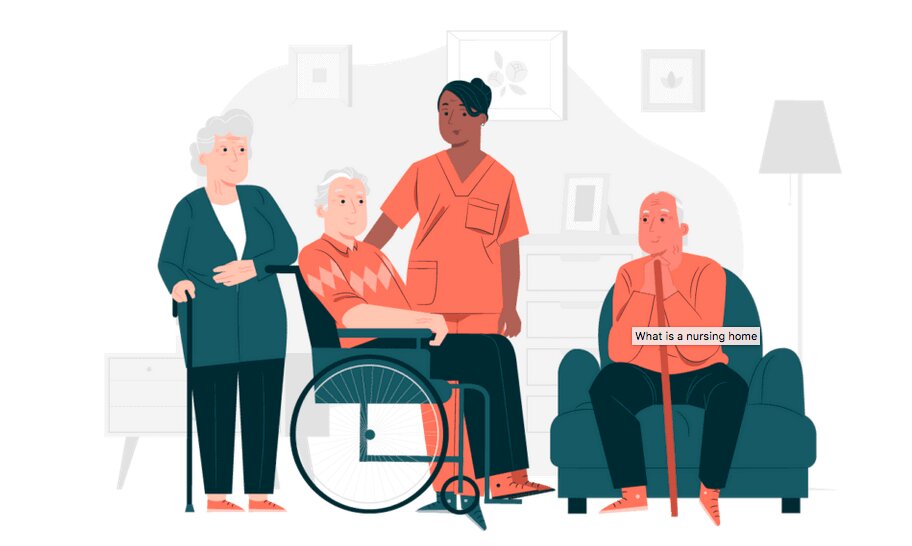
March 17, 2023
Why Crisis Communications Planning is Crucial for Senior Care Communities
Crisis communication planning is essential for all types of organizations, but it is especially critical for senior care communities. These communities serve one of the most vulnerable populations, and any crisis that affects the [...]
Crisis communication planning is essential for all types of organizations, but it is especially critical for senior care communities. These communities serve one of the most vulnerable populations, and any crisis that affects the health, safety, or well-being of residents can have extraordinary reputational consequences for a facility.
The Importance of crisis communication planning
A crisis can strike at any time, and how an organization responds can have a significant impact on its reputation, credibility, and long-term success. The following spotlights the importance of crisis communication planning and how it can help a senior care community effectively navigate a crisis:
- Protecting Residents’ Safety and Well-Being
Senior care communities are responsible for the safety and well-being of their residents. During a crisis, such as a natural disaster, building issue (fire, loss of heat or A/C) or a public health emergency, it is essential that the community has a plan in place to protect residents. This plan should include communication protocols to ensure that residents and their families receive accurate and timely information about the crisis and any necessary safety measures. - Maintaining Trust and Credibility
Effective communication during a crisis is critical to maintaining trust and credibility with residents and their families, staff members, and the community at large. When a crisis occurs, people look to senior care communities’ management for leadership and guidance. If the community does not have a clear plan in place or does not communicate effectively, it can damage its reputation and erode trust with its stakeholders. - Legal and Regulatory Compliance
Senior care communities are subject to a range of legal and regulatory requirements, and many of these requirements relate to crisis preparedness and communication. For example, the Centers for Medicare and Medicaid Services (CMS) require that senior care communities have an emergency preparedness plan in place that includes communication protocols. Failure to comply with these requirements can result in fines, legal liability, and damage to the community’s reputation.
Three primary steps to developing a crisis communication plan
- Identifying Potential Risks and Crises
The first step in developing a crisis communication plan is to identify the potential risks and crises that could affect the senior care community. These risks could include natural disasters, public health emergencies, power outages, cyber-attacks, and more. Once these risks have been identified, the community can develop a plan to address each scenario. - Developing Communication Protocols
Once the risks and crises have been identified, the facility should develop communication protocols to ensure that accurate and timely information is shared with all stakeholders. This could include regular updates to residents and their families, staff members, regulatory agencies, and the media. The community should also identify who will be responsible for communicating during a crisis and ensure that they have the necessary training and resources to do so effectively. - Testing and Refining the Plan
Once the crisis communication plan has been developed, it should be tested and refined regularly to ensure that it remains effective. This could include simulations or live drills. These exercises can help identify any gaps or weaknesses in the plan and allow the community to make necessary adjustments.
Crisis communication planning is crucial for senior care communities to protect the safety and well-being of their residents, maintain trust and credibility with stakeholders, and comply with legal and regulatory requirements. By identifying potential risks and crises, developing communication protocols, and regularly testing and refining the plan, senior care communities can be better prepared to respond effectively to any crisis that may arise.
Share This Story, Choose Your Platform!
Marx Layne is your competitive advantage.
Your reputation and success are our only concerns.
